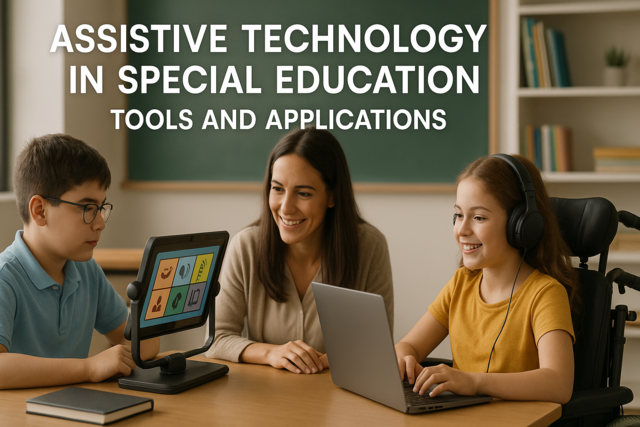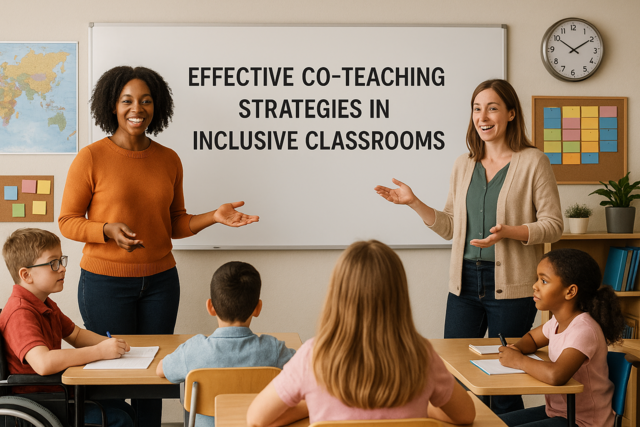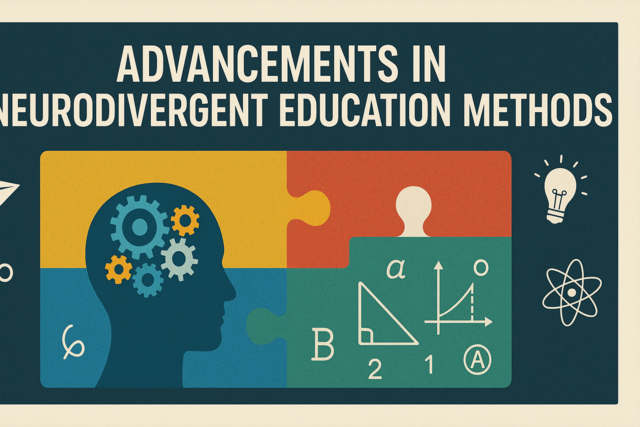Online Class: Collaboration Skills for Special Education Teams

no certificate
with CEU Certificate*
-
15Lessons
-
22Exams &
Assignments -
4Hours
average time -
0.4CEUs
Course Description
Imagine a world where every child receives the tailored support they genuinely deserve—a world where each member of a special education team collaborates seamlessly, communicating effectively and paving the way for students to thrive. This isn't a dream; it's an achievable reality, rooted in the power of collaboration. Welcome to "Collaboration Skills for Special Education Teams," a course designed to transform your understanding and practice of teamwork in the dynamic field of special education.
In the heart of this course lies the mission to nurture an inclusive team culture that transcends standard educational practices. Through captivating storytelling and real-world examples, you will embark on a journey to discover the true essence of teamwork: how each figure in a child's educational life—from the special education teacher to the school psychologist—plays an integral role in shaping success stories. The course empowers you to cultivate this cohesive, vibrant, and effective culture within your own professional experience.
As you advance, you will delve into the world of diverse communication styles in special education. Equipped with the latest technological tools and techniques, you will learn how to harness platforms like Google Workspace and Zoom, ensuring not only smooth interactions but also enhanced educational outcomes for students. This course transforms technology from an obstacle into an ally that facilitates seamless collaboration. Imagine finally having the skills to unite diverse team members around a shared goal with clarity and purpose.
Understanding special education is deeply rooted in roles defined by Individualized Education Plans (IEPs) and requires seamless collaboration between diverse experts. This course provides insights into how each role—whether you're a general educator, special educator, or therapist—contributes uniquely to the journey of supporting students. You will emerge from this course confident in your ability to engage and inspire active participation, creating immeasurable benefits for the students you support.
Transformative special education requires not only insights into team dynamics but also cultural competence. Our engaging modules inspire you to weave in the threads of multilingual support and culturally tailored resources into your practice, fostering a truly inclusive environment. By supporting diverse family backgrounds and creating communication bridges, you'll empower educational experiences that resonate with each child's home life and heritage, thus supporting a holistic journey of personal growth for the students.
At the core of every triumphant team is the power of emotional intelligence—recognizing emotional cues and mastering conflict management skills. As a participant, you will master these vital aspects, enhancing every interaction through empathy, active listening, and trust-building. The course ensures you're not just dealing with emotions but proactively creating environments where these emotions positively drive productive collaboration.
Ultimately, accountability and trust enliven special education teamwork. Our in-depth approaches guide you in weaving strong, resilient fabric through diverse communication styles and technological tools, ensuring fluid and innovative environments. This powerful combination allows teams to adapt quickly, helping the students they serve succeed both academically and socially.
This engaging journey culminates in a hands-on exploration of advanced, interdisciplinary strategies for special education. These strategies emphasize time management, prioritization, and emotional intelligence as keystones for innovation in your practices. Completing this course arms you with clearly defined skills to evaluate and reflect on your team's performance, ensuring sustained success and continuous improvement.
Collaboration Skills for Special Education Teams is not just a course; it is a transformative journey toward realizing the best possible outcomes for every child, a commitment to lifelong professional growth, and a dedication to creating the exceptional teams our education systems need. Join us and be the changemaker who not only dreams of a better world for special education but actively creates it. Enroll now, because the time to transform your practice is today—one brilliant lesson at a time.
- Completely Online
- Self-Paced
- 6 Months to Complete
- 24/7 Availability
- Start Anytime
- PC & Mac Compatible
- Android & iOS Friendly
- Accredited CEUs

Course Lessons
Lesson 1. Building Inclusive Team Culture in Special Education
Collaboration within multidisciplinary teams is crucial in special education settings, as it leads to more personalized and effective educational plans for students with diverse needs. Each team member, from special education teachers to psychologists and occupational therapists, brings unique skills and perspectives that are indispensable for addressing academic, social, and emotional challenges.Lesson 2. Harnessing Diverse Communication Styles for Successful Special Education Integration
Technology offers vital tools for communication in special education, with platforms like Google Workspace and Zoom facilitating seamless collaboration. By establishing protocols for technology use and ensuring data privacy, teams can leverage digital tools to improve student support outcomes.Lesson 3. Roles in IEP: Key to Special Education Success
Special education collaborative teams rely on clearly defined roles to support students with individualized plans, involving experts like special educators, general teachers, and therapists. Recognizing these roles and encouraging active participation from all team members, including families, leads to personalized and effective educational experiences.Lesson 4. Empowering Special Education through Cultural Competence and Collaboration
Incorporating multilingual tools and culturally tailored resources can transform special education settings into more inclusive environments. Engaging families through bilingual communication and culturally sensitive strategies enhances collaboration and supports students' holistic development.Lesson 5. Creating a Cohesive Team: Communication Frameworks in Special Education
Special education teams benefit from recognizing and leveraging the strengths of each member, fostering an environment where diverse perspectives enhance problem-solving. By employing strategies like person-centered planning and emotional intelligence, teams can better align their efforts to create personalized educational experiences.Streamlining Collaboration: The Role of Advanced Communication Platforms in Special Education
Communication and assistive technologies stand at the forefront of advancements in special education, enabling teams to collaborate efficiently and deliver personalized learning experiences. Platforms like Microsoft Teams and specialized tools further promote interactive and insightful educational planning targeting individual student success.The Crucial Role of Emotional Cues in Special Education Conflict Management
Emotions are pivotal in special education, influencing team dynamics and conflict resolution by revealing deeper issues like fears and anxieties. Mastery of emotional intelligence, active listening, and trust-building fosters effective collaboration, ultimately enhancing the educational experience for students.The Crucial Role of Collaboration and Accountability in Special Education
Accountability and trust are the cornerstones of effective special education teamwork, allowing for responsive and personalized student support. By embracing diverse communication styles and leveraging technology, teams can foster innovation and collaboration.Navigating the Special Education Landscape: Engaging Stakeholders for Student Success
Specialized therapists bring invaluable expertise in addressing cognitive, emotional, and physical challenges, working with students to enhance communication, motor skills, and independence. Collaborating with educators, these professionals tailor interventions that exponentially improve students' learning outcomes.Special Education: A Collaborative Journey
Special education thrives on understanding a wide range of disabilities, each necessitating specific educational strategies and collaborative effort. Recent developments emphasize the value of leveraging digital tools and cultural competence to address complex learning needs innovatively.Fostering Family Partnerships in Education
Effective special education relies on special and general education teachers' collaboration to create inclusive learning environments while involving families actively. Teachers adapt strategies to support diverse learning styles, enhancing the student's experience across home and school settings.Lesson 12. Interdisciplinary Approaches to Special Education
Interdisciplinary Approaches to Special EducationLesson 13. Time Management and Prioritization for Special Education Teams
Time Management and Prioritization for Special Education TeamsLesson 14. Building Emotional Intelligence in Special Education Collaborations
Building Emotional Intelligence in Special Education CollaborationsLesson 15. Evaluating and Reflecting on Team Performance in Special Education
Evaluating and Reflecting on Team Performance in Special Education
Learning Outcomes
- Demonstrate effective communication strategies, such as active listening and empathy, to build trust and improve teamwork in special education settings.
- Define the roles and responsibilities of each member within a special education team to enhance collaboration and student outcomes.
- Demonstrate the use of active listening techniques to enhance team communication and support student outcomes in the special education setting.
- Describe the four primary communication styles (assertive, passive, aggressive, and passive-aggressive) and their impact on team interactions in special education.
- Develop a plan using technology tools to streamline communication and data sharing within a special education team for improved student support.
- Identify specific strategies to adapt communication styles for effective collaboration within diverse special education teams.
- Identify and analyze the effectiveness of communication strategies used within IEP teams for student-centered decision making.
- Recognize the specific roles and responsibilities of each IEP team member to enhance collaborative efforts in supporting student needs.
- Demonstrate the ability to integrate culturally relevant teaching strategies to enhance student engagement and participation in special education environments.
- Recognize and describe the influence of cultural backgrounds on communication and interactions within special education settings.
- Demonstrate the ability to apply active listening skills by accurately summarizing team members' contributions during collaborative discussions.
- Identify and implement effective conflict resolution strategies in special education team settings by resolving at least three simulated or real conflicts collaboratively.
- Recognize the benefits of using digital communication tools like Microsoft Teams and Zoom to enhance collaboration in special education environments.
- Demonstrate mastery of lesson content at levels of 70% or higher.
Additional Course Information

- Document Your Lifelong Learning Achievements
- Earn an Official Certificate Documenting Course Hours and CEUs
- Verify Your Certificate with a Unique Serial Number Online
- View and Share Your Certificate Online or Download/Print as PDF
- Display Your Certificate on Your Resume and Promote Your Achievements Using Social Media

Choose Your Subscription Plan
No Certificate / No CEUs
This course only
| Includes certificate | X |
| Includes CEUs | X |
| Self-paced |

|
| Instructor support |

|
| Time to complete | 6 months |
| No. of courses | 1 course |
Certificate & CEUs
This course only
| Includes certificate |

|
| Includes CEUs |

|
| Self-paced |

|
| Instructor support |

|
| Time to complete | 6 months |
| No. of courses | 1 course |
Certificates & CEUs
Includes all 600+ courses
| Includes certificate |

|
| Includes CEUs |

|
| Self-paced |

|
| Instructor support |

|
| Time to complete | 12 Months |
| No. of courses | 600+ |
Certificates & CEUs
Includes all 600+ courses
| Includes certificate |

|
| Includes CEUs |

|
| Self-paced |

|
| Instructor support |

|
| Time to complete | 24 Months |
| No. of courses | 600+ |
Related Courses
-
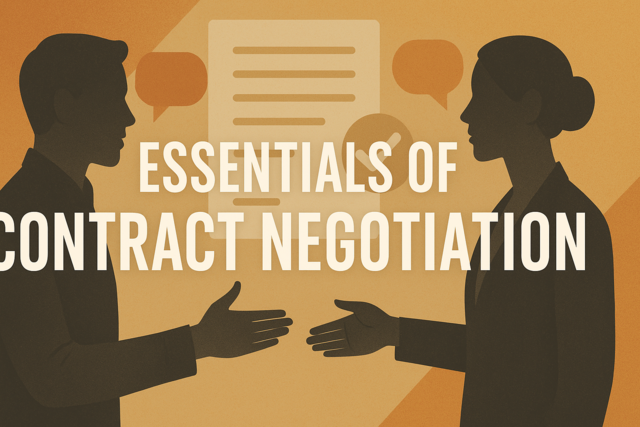 3 hours
0.3 CEUs
Essentials of Contract Negotiation
+ More Info
3 hours
0.3 CEUs
Essentials of Contract Negotiation
+ More Info
-
 4 hours
0.4 CEUs
The Use of Analytics in Education
+ More Info
4 hours
0.4 CEUs
The Use of Analytics in Education
+ More Info
-
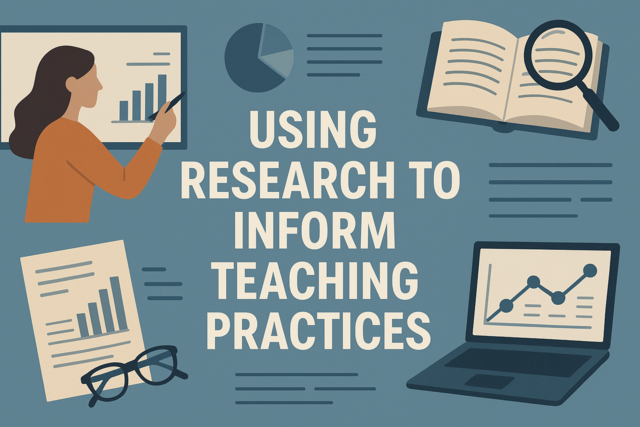 5 hours
0.5 CEUs
Using Research to Inform Teaching Practices
+ More Info
5 hours
0.5 CEUs
Using Research to Inform Teaching Practices
+ More Info
-
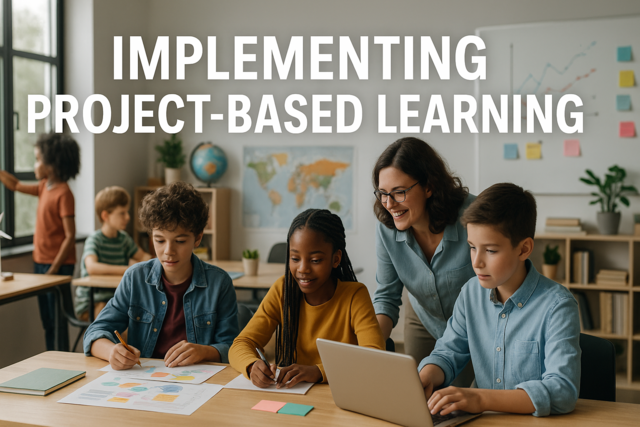 4 hours
0.4 CEUs
Implementing Project-Based Learning
+ More Info
4 hours
0.4 CEUs
Implementing Project-Based Learning
+ More Info
-
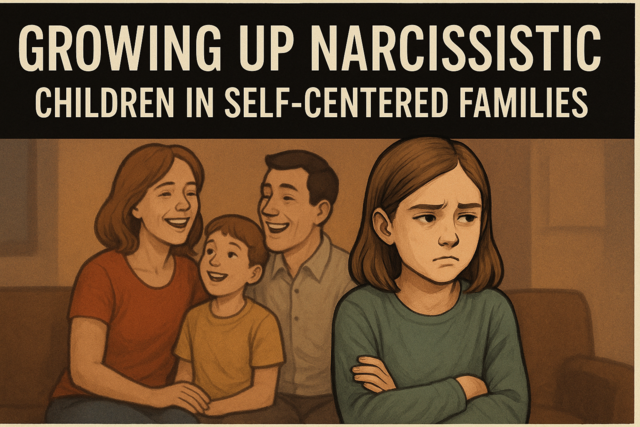 3 hours
0.3 CEUs
Growing Up Narcissistic: Children in Self-Centered Families
+ More Info
3 hours
0.3 CEUs
Growing Up Narcissistic: Children in Self-Centered Families
+ More Info
-
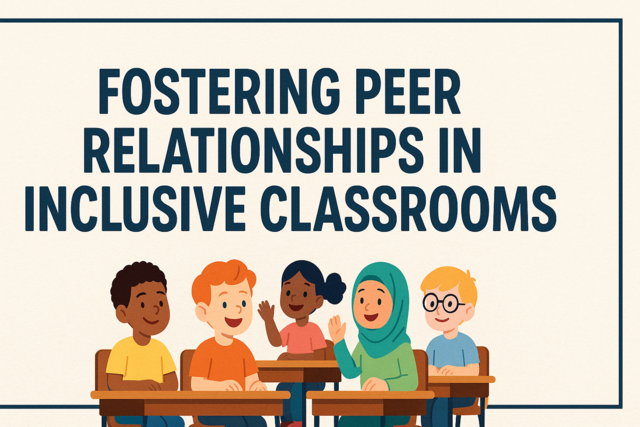 7 hours
0.7 CEUs
Fostering Peer Relationships in Inclusive Classrooms
+ More Info
7 hours
0.7 CEUs
Fostering Peer Relationships in Inclusive Classrooms
+ More Info
-
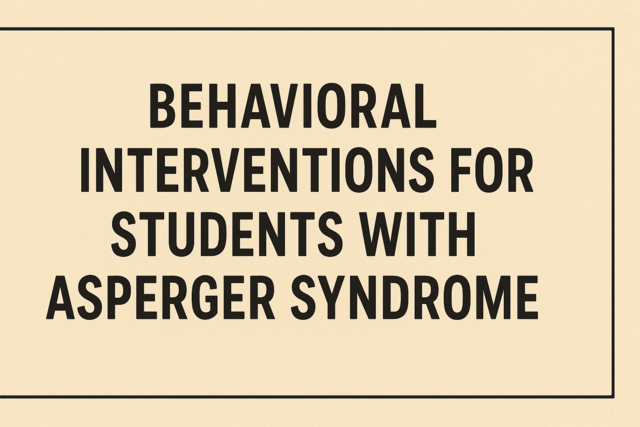 4 hours
0.4 CEUs
Behavioral Interventions for Students with Asperger Syndrome
+ More Info
4 hours
0.4 CEUs
Behavioral Interventions for Students with Asperger Syndrome
+ More Info
-
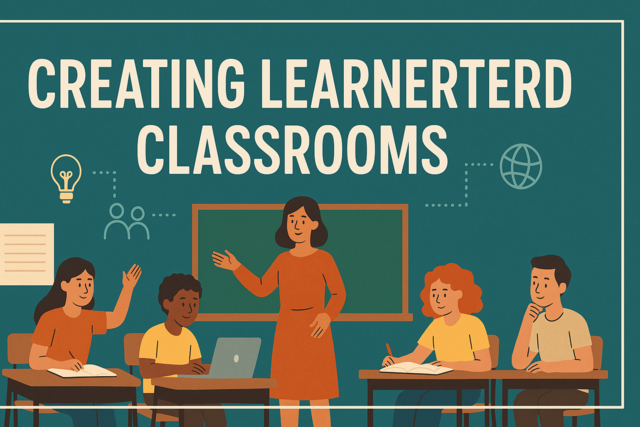 6 hours
0.6 CEUs
Creating Learner-Centered Classrooms
+ More Info
6 hours
0.6 CEUs
Creating Learner-Centered Classrooms
+ More Info
-
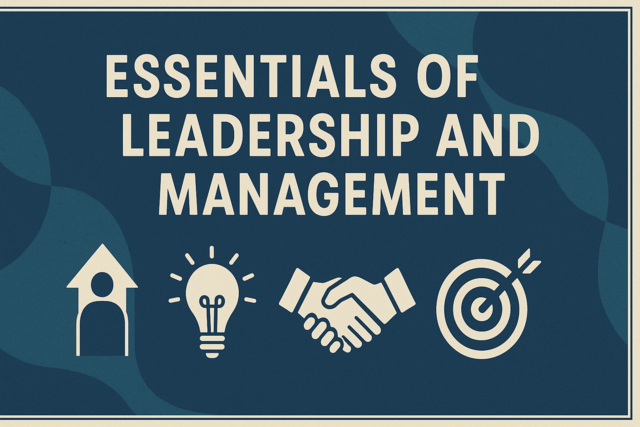 4 hours
0.4 CEUs
Essentials of Leadership and Management
+ More Info
4 hours
0.4 CEUs
Essentials of Leadership and Management
+ More Info
-
 4 hours
0.4 CEUs
Enhancing Student Engagement and Motivation
+ More Info
4 hours
0.4 CEUs
Enhancing Student Engagement and Motivation
+ More Info
-
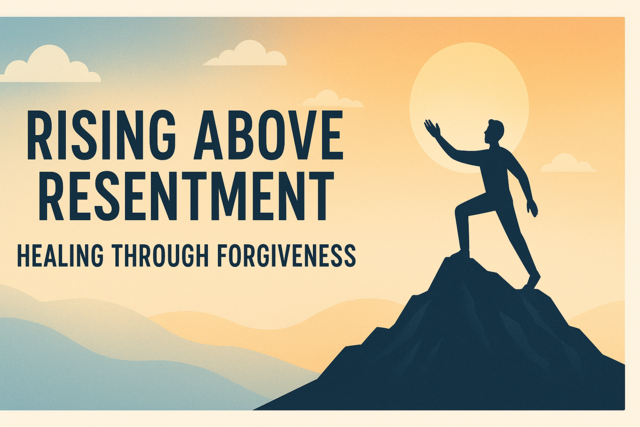 4 hours
0.4 CEUs
Rising Above Resentment: Healing Through Forgiveness
+ More Info
4 hours
0.4 CEUs
Rising Above Resentment: Healing Through Forgiveness
+ More Info
-
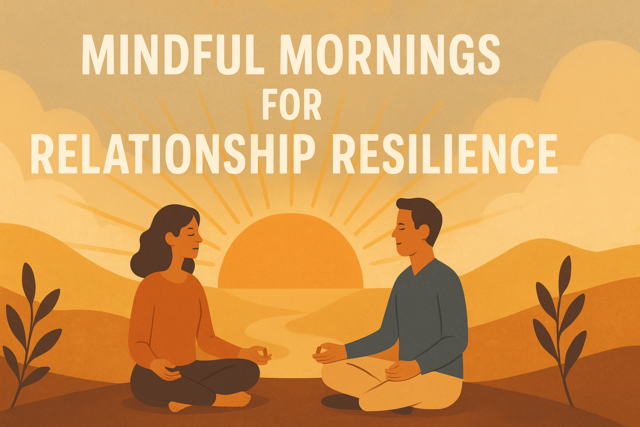 5 hours
0.5 CEUs
Mindful Mornings for Relationship Resilience
+ More Info
5 hours
0.5 CEUs
Mindful Mornings for Relationship Resilience
+ More Info
-
 3 hours
0.3 CEUs
The Fourth Dimension: Theories and Consequences
+ More Info
3 hours
0.3 CEUs
The Fourth Dimension: Theories and Consequences
+ More Info
-
 7 hours
0.7 CEUs
Spiritual Awakening and Self-Discovery
+ More Info
7 hours
0.7 CEUs
Spiritual Awakening and Self-Discovery
+ More Info
-
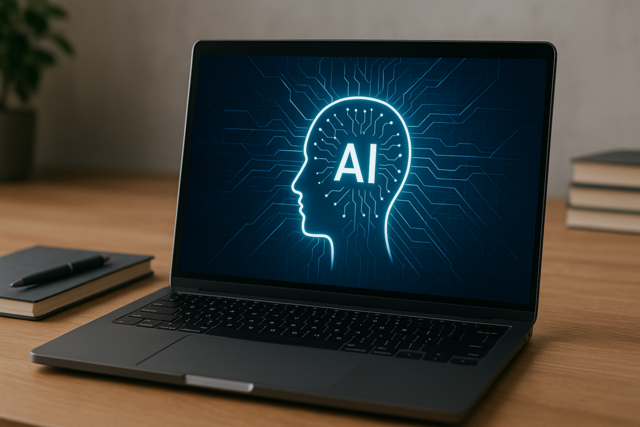 4 hours
0.4 CEUs
Understanding Artificial Intelligence
+ More Info
4 hours
0.4 CEUs
Understanding Artificial Intelligence
+ More Info
-
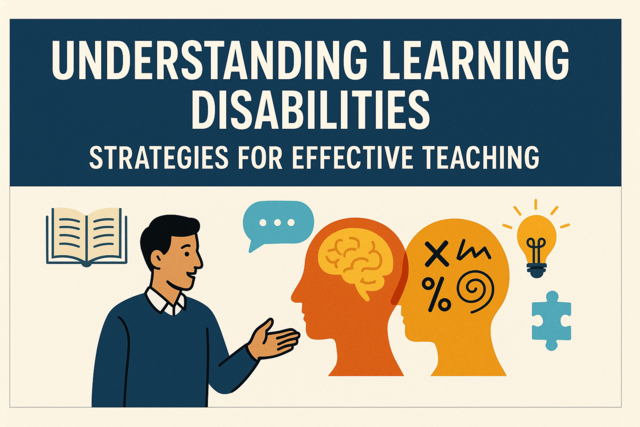 7 hours
0.7 CEUs
Understanding Learning Disabilities: Strategies for Effective Teaching
+ More Info
7 hours
0.7 CEUs
Understanding Learning Disabilities: Strategies for Effective Teaching
+ More Info
-
 5 hours
0.5 CEUs
The Art of Listening: Creating Understanding in Relationships
+ More Info
5 hours
0.5 CEUs
The Art of Listening: Creating Understanding in Relationships
+ More Info
-
 3 hours
0.3 CEUs
Beyond the Veil: Mysteries of Life After Death
+ More Info
3 hours
0.3 CEUs
Beyond the Veil: Mysteries of Life After Death
+ More Info
-
 3 hours
0.3 CEUs
Leadership in Love: Fostering Growth in Family Relations
+ More Info
3 hours
0.3 CEUs
Leadership in Love: Fostering Growth in Family Relations
+ More Info
-
 5 hours
0.5 CEUs
Personal Hygiene and Grooming Essentials
+ More Info
5 hours
0.5 CEUs
Personal Hygiene and Grooming Essentials
+ More Info
-
 4 hours
0.4 CEUs
Astrology for Personal Growth
+ More Info
4 hours
0.4 CEUs
Astrology for Personal Growth
+ More Info
-
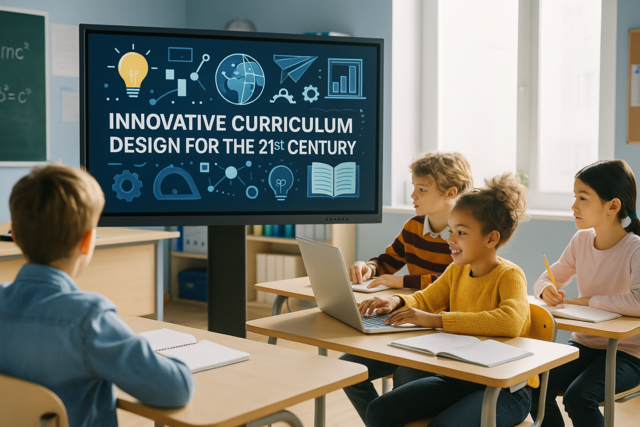 4 hours
0.4 CEUs
Innovative Curriculum Design for the 21st Century
+ More Info
4 hours
0.4 CEUs
Innovative Curriculum Design for the 21st Century
+ More Info
-
 5 hours
0.5 CEUs
Emotional Intelligence in the Workplace
+ More Info
5 hours
0.5 CEUs
Emotional Intelligence in the Workplace
+ More Info
-
 7 hours
0.7 CEUs
Mindful Living in the Modern World
+ More Info
7 hours
0.7 CEUs
Mindful Living in the Modern World
+ More Info
-
 6 hours
0.6 CEUs
Legacy Building: Creating a Family Culture to Last
+ More Info
6 hours
0.6 CEUs
Legacy Building: Creating a Family Culture to Last
+ More Info
-
 4 hours
0.4 CEUs
Elite Ensembles: Crafting Timeless Women's Looks
+ More Info
4 hours
0.4 CEUs
Elite Ensembles: Crafting Timeless Women's Looks
+ More Info
-
 7 hours
0.7 CEUs
Iconoclasts of Style: Revolutionary Figures in Modern Fashion
+ More Info
7 hours
0.7 CEUs
Iconoclasts of Style: Revolutionary Figures in Modern Fashion
+ More Info
-
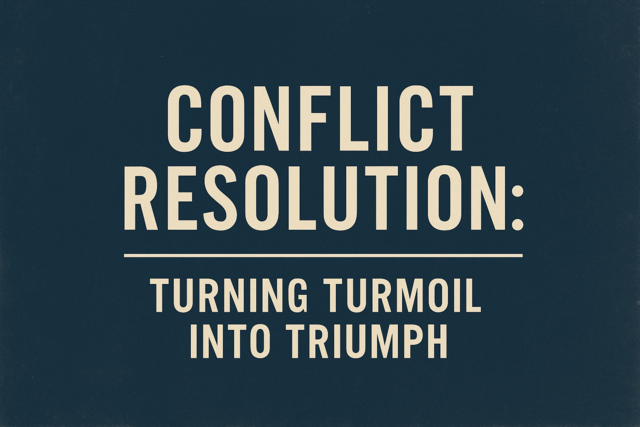 5 hours
0.5 CEUs
Conflict Resolution: Turning Turmoil into Triumph
+ More Info
5 hours
0.5 CEUs
Conflict Resolution: Turning Turmoil into Triumph
+ More Info
-
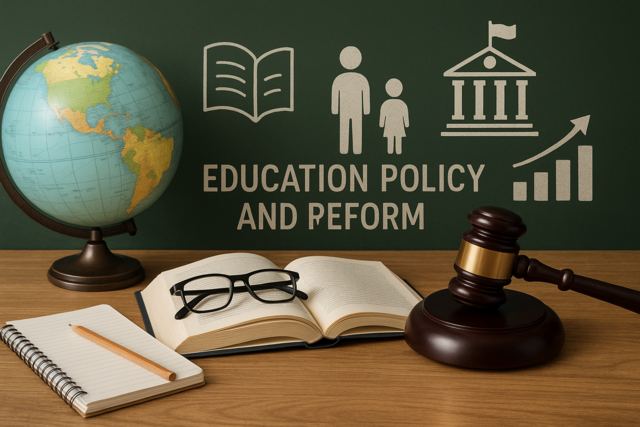 3 hours
0.3 CEUs
Education Policy and Reform: Impact and Implications
+ More Info
3 hours
0.3 CEUs
Education Policy and Reform: Impact and Implications
+ More Info
-
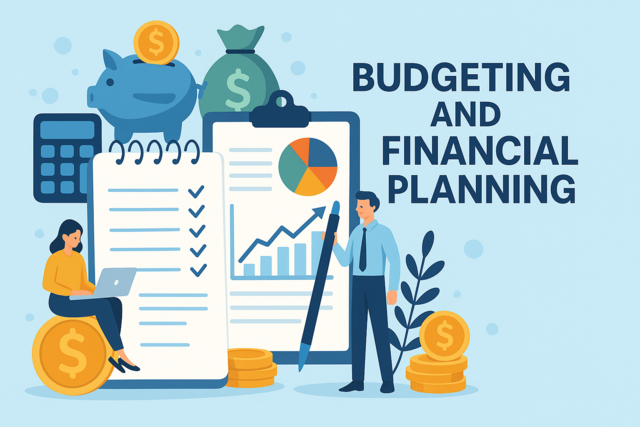 3 hours
0.3 CEUs
Budgeting and Financial Planning
+ More Info
3 hours
0.3 CEUs
Budgeting and Financial Planning
+ More Info
-
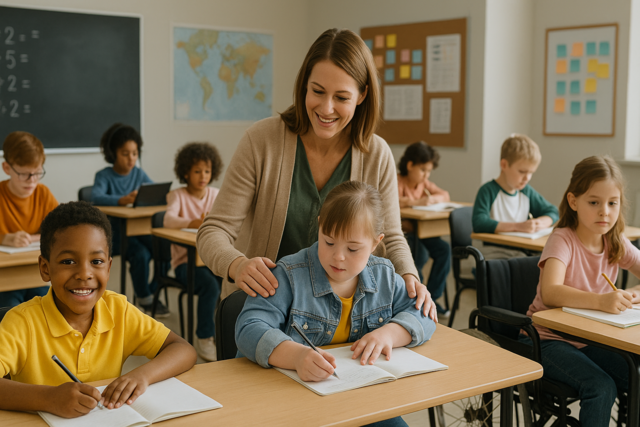 6 hours
0.6 CEUs
Supporting Students with Special Needs
+ More Info
6 hours
0.6 CEUs
Supporting Students with Special Needs
+ More Info
-
 6 hours
0.6 CEUs
Timeless Aesthetics: Navigating Luxury Brand Evolution
+ More Info
6 hours
0.6 CEUs
Timeless Aesthetics: Navigating Luxury Brand Evolution
+ More Info
-
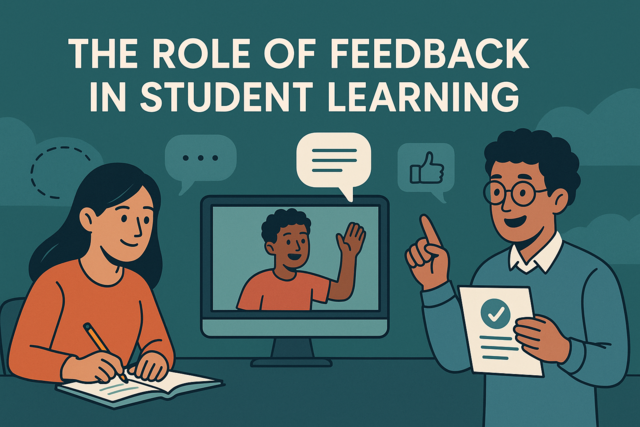 4 hours
0.4 CEUs
The Role of Feedback in Student Learning
+ More Info
4 hours
0.4 CEUs
The Role of Feedback in Student Learning
+ More Info
-
 4 hours
0.4 CEUs
Assertiveness Training for Professionals
+ More Info
4 hours
0.4 CEUs
Assertiveness Training for Professionals
+ More Info
-
 6 hours
0.6 CEUs
The Influence Index: How Environment Shapes Relationships
+ More Info
6 hours
0.6 CEUs
The Influence Index: How Environment Shapes Relationships
+ More Info
-
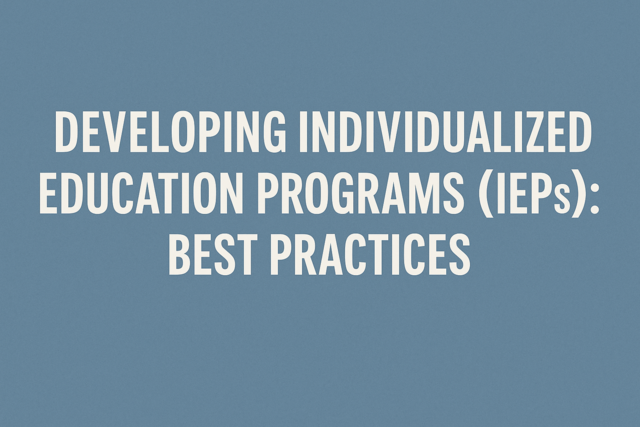 4 hours
0.4 CEUs
Developing Individualized Education Programs (IEPs): Best Practices
+ More Info
4 hours
0.4 CEUs
Developing Individualized Education Programs (IEPs): Best Practices
+ More Info
-
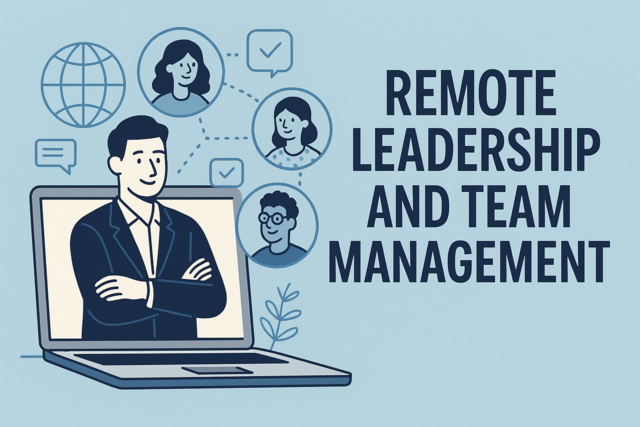 6 hours
0.6 CEUs
Remote Leadership and Team Management
+ More Info
6 hours
0.6 CEUs
Remote Leadership and Team Management
+ More Info
-
 3 hours
0.3 CEUs
Creating and Maintaining Personal Boundaries
+ More Info
3 hours
0.3 CEUs
Creating and Maintaining Personal Boundaries
+ More Info
-
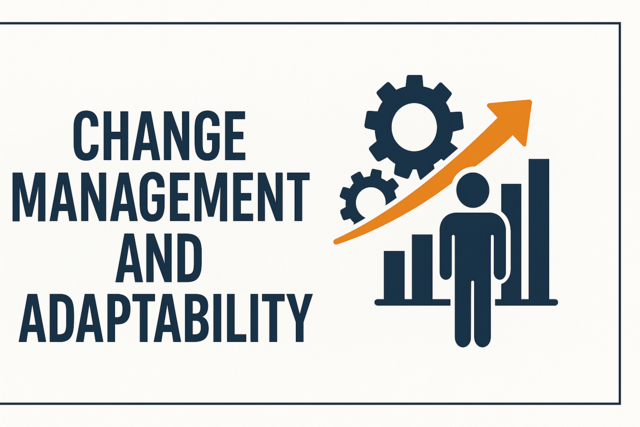 3 hours
0.3 CEUs
Change Management and Adaptability
+ More Info
3 hours
0.3 CEUs
Change Management and Adaptability
+ More Info


